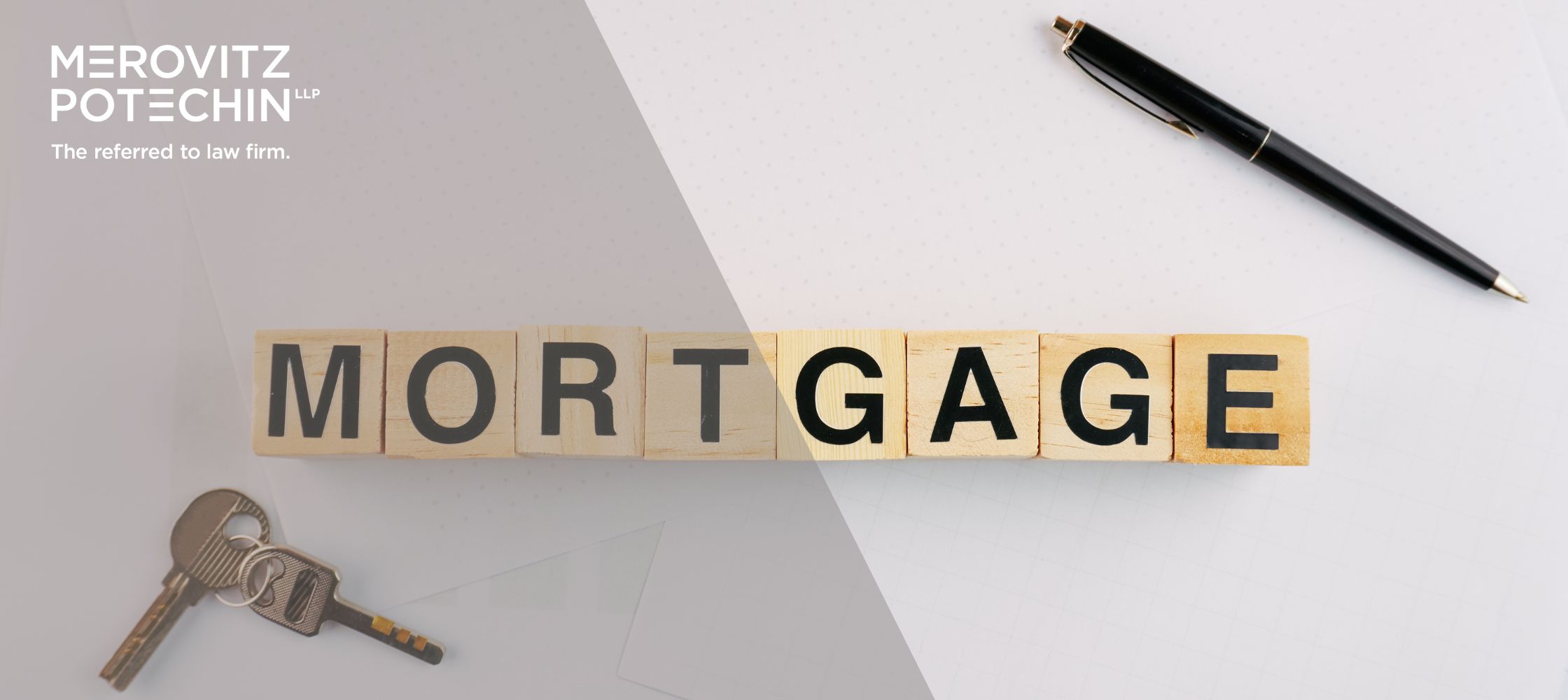Categories
Ontario First-Time Homebuyer Series – Part 3: First-Time Homebuyer Incentive

Buying your first home is a big step in your personal and financial life. As a first-time homebuyer, you likely have many questions regarding all aspects of the process. In this four-part series, we will be exploring some of the basics regarding the first-time home buying experience so that you can have a good understanding of what to expect and how best to approach this important step both legally and financially.
Read Part 1 – Homebuyers’ Tax Credit
Read Part 2 – Homebuyers’ Plan
Part 3: First-Time Homebuyer Incentive
The First-Time Homebuyer Incentive (FTHBI) took effect on September 2, 2019 in Canada, but confusion continues to swirl. Let’s look at some of the basics of this program in order to clear up some of the misconceptions and clarify the obligations of both the buyer and the Government of Canada.
What is a shared equity mortgage?
The First-Time Homebuyer Incentive is a shared-equity mortgage designed to lower the monthly mortgage payments of a first-time buyer without increasing the amount they need to save for a down payment. The term shared equity means that the ownership of the property in question is shared between the two parties (in this case the buyer and the Government of Canada).
How much money does the government provide?
For buyers who qualify, the government puts up five percent of the price of a resale home, or either five or 10 percent of the price of a newly constructed home. The FTHBI is secured by a second mortgage on the title to the property.
No regular principal payments are required under the FTHBI. The loan is interest-free and it can be repaid at any time without incurring any prepayment penalties.
How does it help homeowners?
The FTHBI is intended to reduce a homeowner’s mortgage payments. Mortgage payments are reduced because the buyer is borrowing less money and, instead, making a larger down payment. As a result, the buyer will carry a smaller mortgage and benefit from lower monthly payments.
What’s the drawback?
Under the FTHBI, a buyer is effectively sharing his/her home’s price appreciation with the government. Repayment of the loan is not based on the dollar amount borrowed. Instead, the buyer must repay the same five or ten percent received through the FTHBI but calculated as a percentage of the home’s fair market value at the time of a sale. In other words, the government benefits from any increase in the equity of the home (and loses if equity goes down). As such, if at the time of resale, the home has increased in value, the buyer will need to pay back more than he/she borrowed. If the home has decreased in value, the buyer will pay back less than he/she borrowed.
Who can qualify for the FTHBI?
Prospective homebuyers must meet the following requirements to be eligible for the Incentive:
- You need to be a first-time homebuyer (i.e. you cannot have owned a home in the last four years)
- You must have an annual household income of no more than $120,000
- You have at least the minimum down payment of 5%. However, the total amount you put down (including the FTHBI amount) must be less than 20% of the home’s purchase price.
- You are borrowing less than four times your qualifying income.
The FTHBI can be confusing and also usually raises many follow-up questions for homebuyers in Canada. If you are a first-time homebuyer and have any questions regarding the financial programs available to you, contact real estate lawyer Frank Bourgault at Merovitz Potechin LLP.
The content on this website is for information purposes only and is not legal advice, which cannot be given without knowing the facts of a specific situation. You should never disregard professional legal advice or delay in seeking legal advice because of something you have read on this website. The use of the website does not establish a solicitor and client relationship. If you would like to discuss your specific legal needs with us, please contact our office at 613-563-7544 and one of our lawyers will be happy to assist you.





